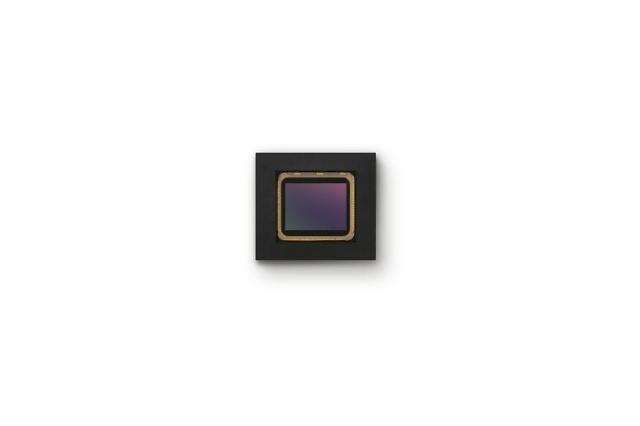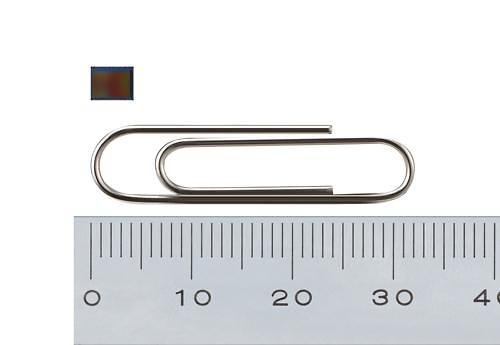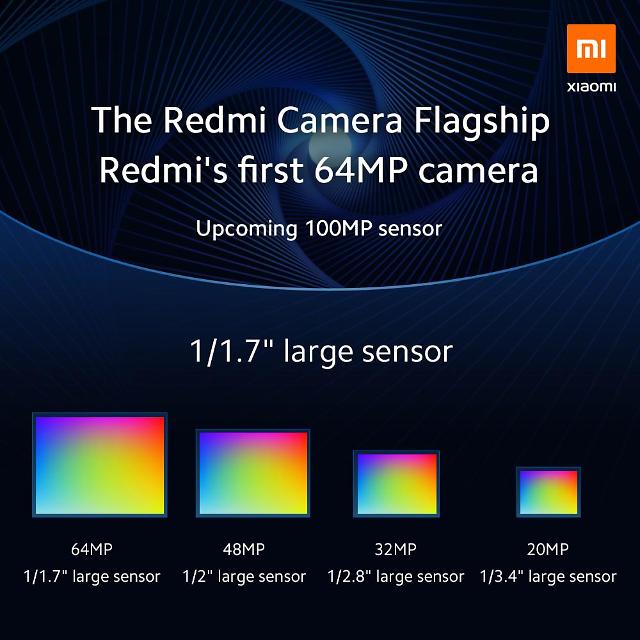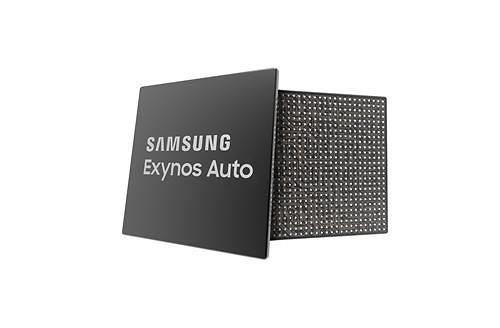
[Courtesy of Samsung Electronics]
The release of ISOCELL Auto 4AC underscores efforts to expand Samsung's clout in the auto component market. The company has diversified its business portfolio into the rapidly growing market for connected technologies and auto electronics since it acquired Harman International Industries, a US-based global leader in connected car technology, in November 2016.
"Starting with the ISOCELL Auto 4AC, we plan to expand our automotive sensor lineup to areas such as camera monitor systems, autonomous driving and in-cabin monitoring," Chang Duck-hyun, executive vice president of Samsung's sensor business, said in a statement on July 13. He said the new ISOCELL Auto 4AC offers exceptional viewing experiences regardless of lighting conditions.
Quick transitions from a low-lit environment to a brighter one may require a few seconds for the driver's eyes to adjust. Flickering from LED headlamps or road signage, such as street lamps and traffic lights, could become increasingly noticeable on the automotive system’s camera screen. Samsung said the new image sensor offers advanced 120-decibel high dynamic range and LED flicker mitigation.
The new image sensor provides a safer driving experience with an enhanced field of view for the driver with its CornerPixel technology featuring a specialized pixel structure that mitigates LED light over 90-hertz. With two photodiodes capturing images in different exposures simultaneously, Samsung said the sensor ensures up to 120dB high dynamic range with minimal motion blur, allowing smoother transitions between dark and bright areas while preserving more details of the road ahead.
To minimize LED flickering, the smaller photodiode's exposure time can be extended, preventing pulsing LED light from being displayed as flickering on the camera screen, delivering a more pleasant viewing experience and more accurate image data on LED-embedded objects for the automotive system to recognize, Samsung said.
In October 2018, Samsung unveiled two auto-related solutions, Exynos Auto for mobile chip processors and ISOCELL Auto for image sensors, that would enable new driving experiences to next-generation smart vehicles. Exynos Auto meets industry requirements for harsher environments, allowing car manufacturers to develop cutting-edge applications such as infotainment, advanced driving assistance systems and telematics.
Infotainment is a type of media, usually television, that provides a combination of information and entertainment. Telematics is an interdisciplinary field that encompasses telecommunications, vehicular technologies, road transportation, road safety, electrical engineering and computer science.




